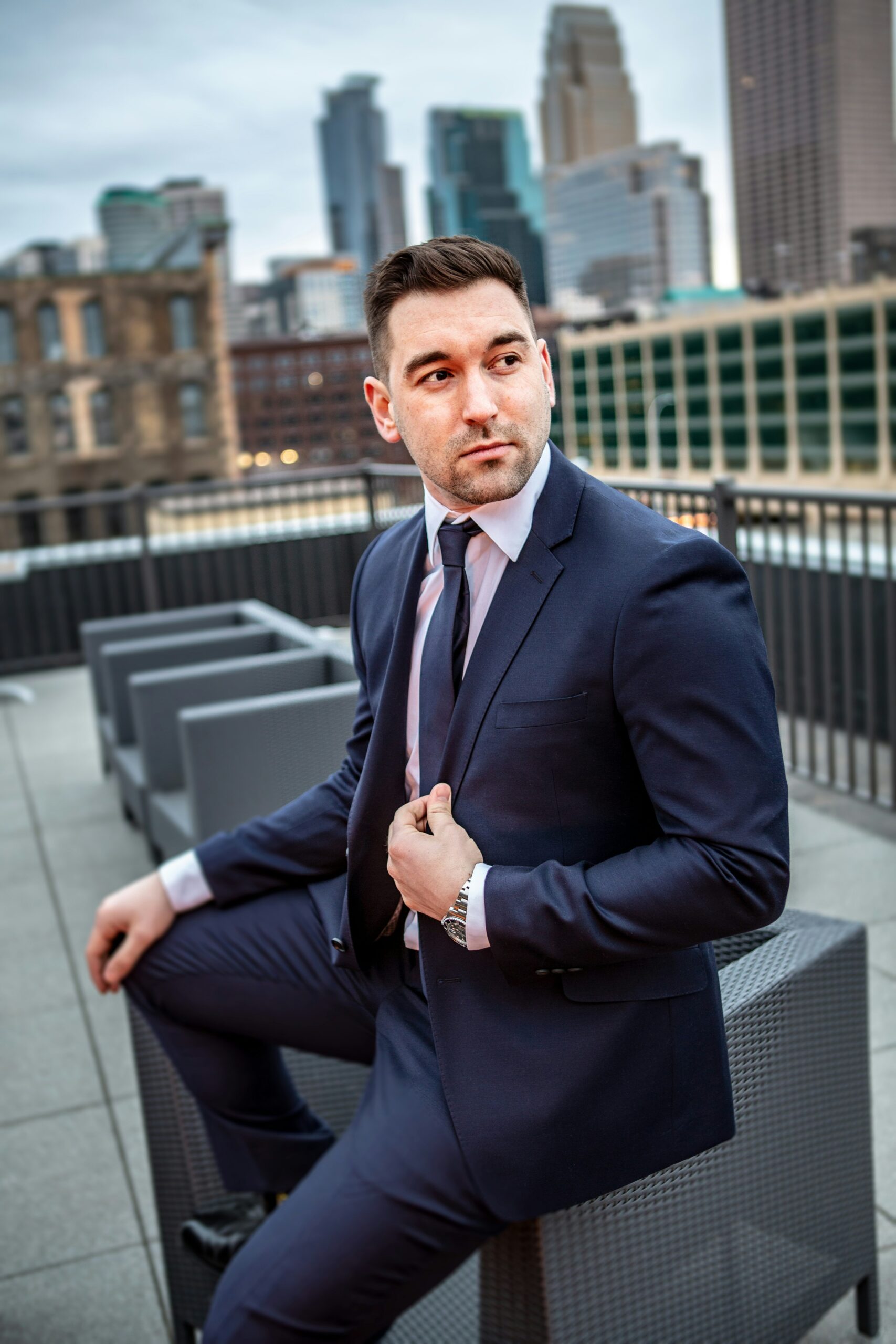How to Make the Best Impression at a Graduate Recruitment Fair for PT, OT, and AT Programs
Attending a graduate recruitment fair is one of the most effective ways for aspiring physical therapists (PT), occupational therapists (OT), and athletic trainers (AT) to connect directly with schools, learn about programs, and stand out as a strong candidate. While online research is valuable, nothing compares to a face-to-face conversation with admissions representatives who can share insights that aren’t always found on a website. To maximize your opportunity, it’s essential to prepare, engage, and follow up strategically. Here’s how to make the best impression at a recruitment fair for PT, OT, and AT programs.
1. Do Your Homework Before You Arrive
Preparation sets you apart. Before attending a graduate recruitment fair, review the list of participating schools and identify the programs that align with your career goals. If you’re interested in physical therapy, for example, look at program lengths, clinical rotation opportunities, or research options. For occupational therapy, explore specializations such as pediatrics or rehabilitation technology. Athletic training candidates should compare program accreditation and hands-on experience requirements.
By having specific schools and questions in mind, you’ll demonstrate genuine interest. Admissions representatives notice when students ask informed questions like, “Can you tell me more about how your program prepares students for the board exam?” or “How do your clinical placements support students in underserved communities?”
2. Make a positive impression
First impressions matter. While recruitment fairs are not as formal as interviews, professional attire shows you’re serious about your education and career. Business casual works well—think slacks, a button-down shirt, or a modest dress. Comfortable shoes are important, as you’ll be walking from booth to booth.
Bring a folder or padfolio with:
-
Copies of your resume
-
A notepad and pen for quick notes
-
A list of target schools and questions
-
Business cards (optional, but a nice touch if you have them)
These small details make you look prepared and organized, two qualities admissions teams value.
3. Practice Your Introduction
Admissions representatives meet hundreds of students at these events. Having a short, confident introduction can make you memorable. Aim for a 20–30 second “elevator pitch” that highlights your interest and goals. For example:
“Hi, my name is Alex, and I’m a senior studying kinesiology. I’ve been volunteering at a rehab clinic for the past year, and I’m especially interested in physical therapy programs that focus on sports rehabilitation. I’d love to learn more about your program’s clinical experiences.”
This type of introduction is professional, shows your background, and gives the representative a starting point to guide the conversation.
4. Ask Engaging Questions
The goal of a recruitment fair isn’t just to collect brochures—it’s to build connections and gather information you can’t get elsewhere. Ask thoughtful questions such as:
-
What qualities does your admissions committee value most in applicants?
-
How does your program support students preparing for board exams?
-
What opportunities are available for research or clinical specialization?
-
How do your graduates perform in job placement after graduation?
Strong questions demonstrate curiosity and initiative—two traits that admissions teams associate with successful graduate students.
5. Take Notes and Follow Up
After speaking with representatives, jot down key takeaways right away. You’ll thank yourself later when you’re comparing schools or writing application essays. Notes can include program highlights, names of contacts, or unique details about each school.
Within a week of the fair, send a brief thank-you email to the representatives you spoke with. Mention something specific from your conversation to jog their memory. This simple follow-up shows professionalism and can help you stand out in a competitive applicant pool.
6. Treat the Fair Like the First Step
Remember, attending a recruitment fair is not the end of the process—it’s the beginning. Use the information and contacts you gain to refine your list of schools, strengthen your applications, and prepare for interviews. Your proactive approach at the fair will translate into stronger confidence and clarity as you move forward in your journey toward becoming a PT, OT, or AT professional.
Graduate recruitment fairs are golden opportunities for students to connect with programs, ask important questions, and leave a lasting impression. By preparing in advance, dressing professionally, practicing your introduction, and following up afterward, you’ll position yourself as a standout candidate ready to succeed in physical therapy, occupational therapy, or athletic training.
Whether your dream is helping athletes recover, supporting children with developmental challenges, or guiding patients through rehabilitation, the first step is making the right impression at a recruitment fair. Approach it with confidence and preparation, and you’ll set yourself apart on the path to graduate school.



